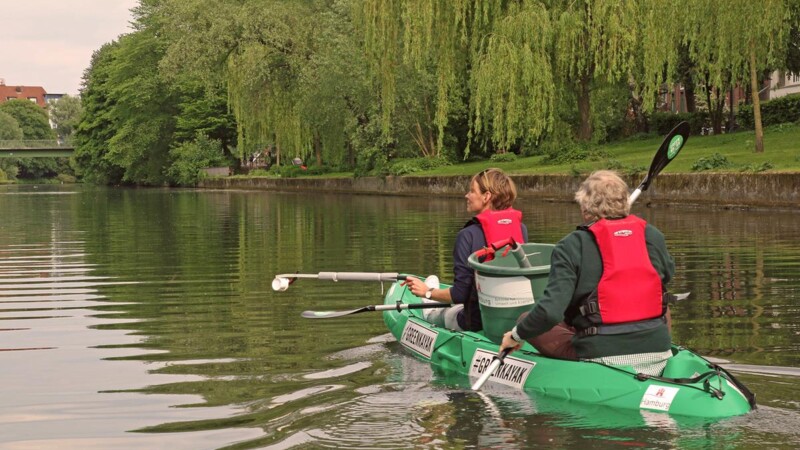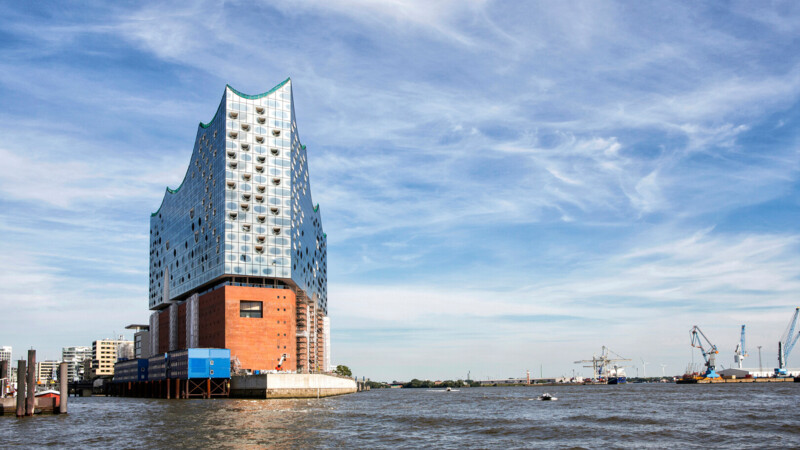"We want to reduce second-row parking, tedious search traffic and pollutants and make traffic safer with our smart loading and delivery zones," said Michael Westhagemann, Senator for Economics, Transport and Innovation. During the day, delivery and loading zones are used for loading and unloading. Residents can use those areas as parking spaces from the early evening in future. A virtual booking system with real-time data for the loading zones is to be created so that they are available for suppliers. To avoid the abuse of loading zones, retractable bollards will be tested in difficult parking areas and can be managed via the virtual booking system. The urban project runs from January 2020 through December 2023.
The German Ministry of Economics (BMWi) has honoured two Hamburg-based projects focusing on inner-city mobility as part of the Innovation Prize for Real Laboratories, a press release said Tuesday (May 26, 2020). The ministry honoured nine out of 125 entries in the categories “Retrospectives, Insights and Outlooks”. The Hanseatic "Smart Delivery and Loading Zones” (SmaLa) project won the “Outlooks” category while “Medifly” triumphed in the "Retrospectives" category.
Sensible use of delivery zones
Commercial transport by drone
The “Medifly Hamburg” project explores how unmanned drones can be used to transport medical samples quickly and safely and was tested successfully in February. Medical tissue samples were transported by drone between the Bundeswehr Hospital in Wandsbek and the Marienkrankenhaus in Hohenfelde. More routes will be tested in northern Germany by 2022. The Center for Applied Aviation Research (ZAL), the Hamburg-based drone start-up FlyNex, the Gesellschaft für Luftverkehrsinformatik (GLVI) and Lufthansa Technik AG have joined forces in this pilot project, which is funded by the German Ministry of Transport and Digital Infrastructure (BMVI).
js/pb
Sources and further information
Real laboratories
Real laboratories are test rooms that are limited in time and space and in which technologies or business models are tested under real conditions. Special permits are often required for experiments there. Such laboratories integrate concurrent research and innovation processes within a public-private-people partnership.
More
Similar articles

Green Kayak Hamburg launches new season

Hamburg's clusters join ranks amid crisis

